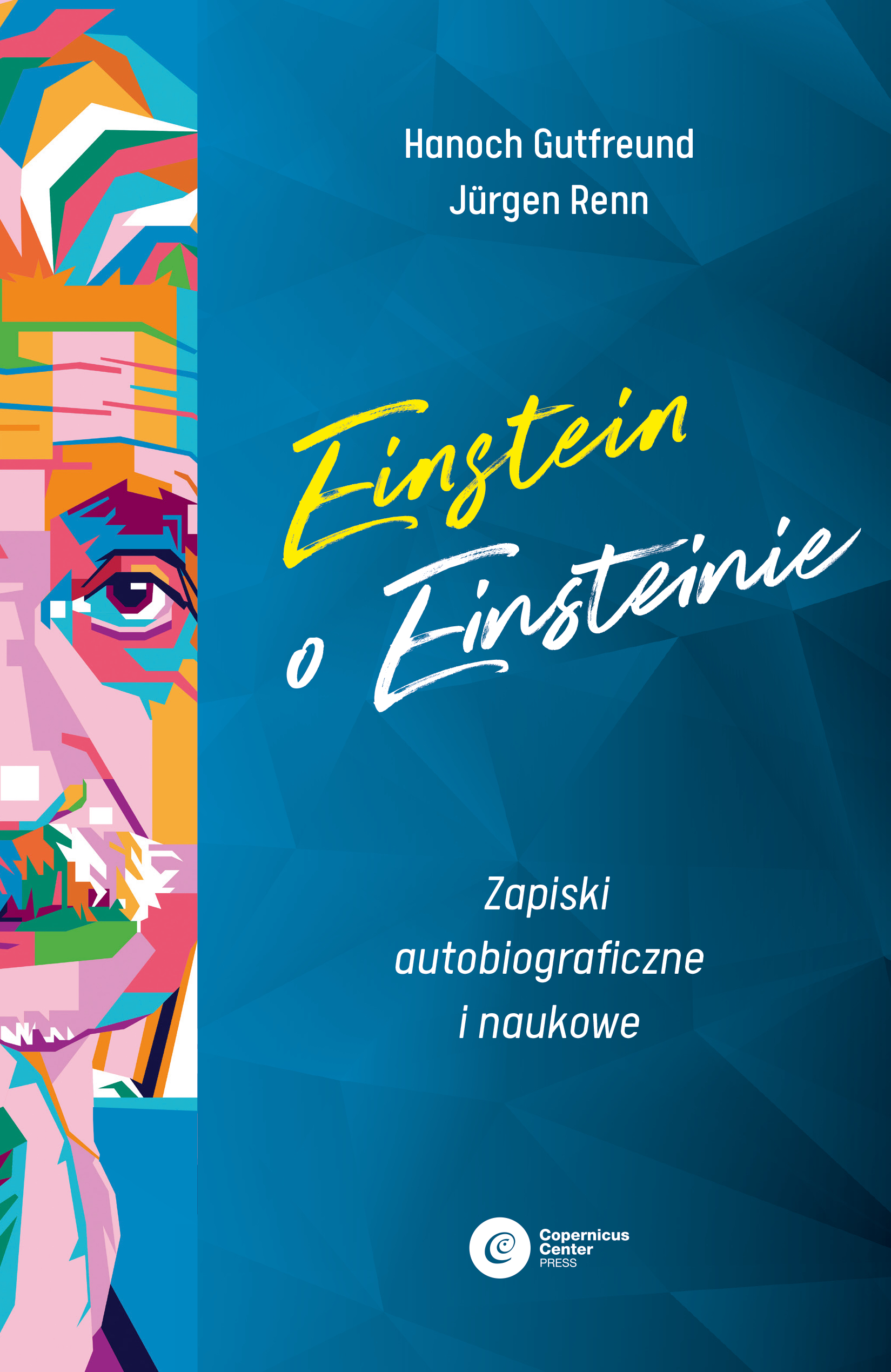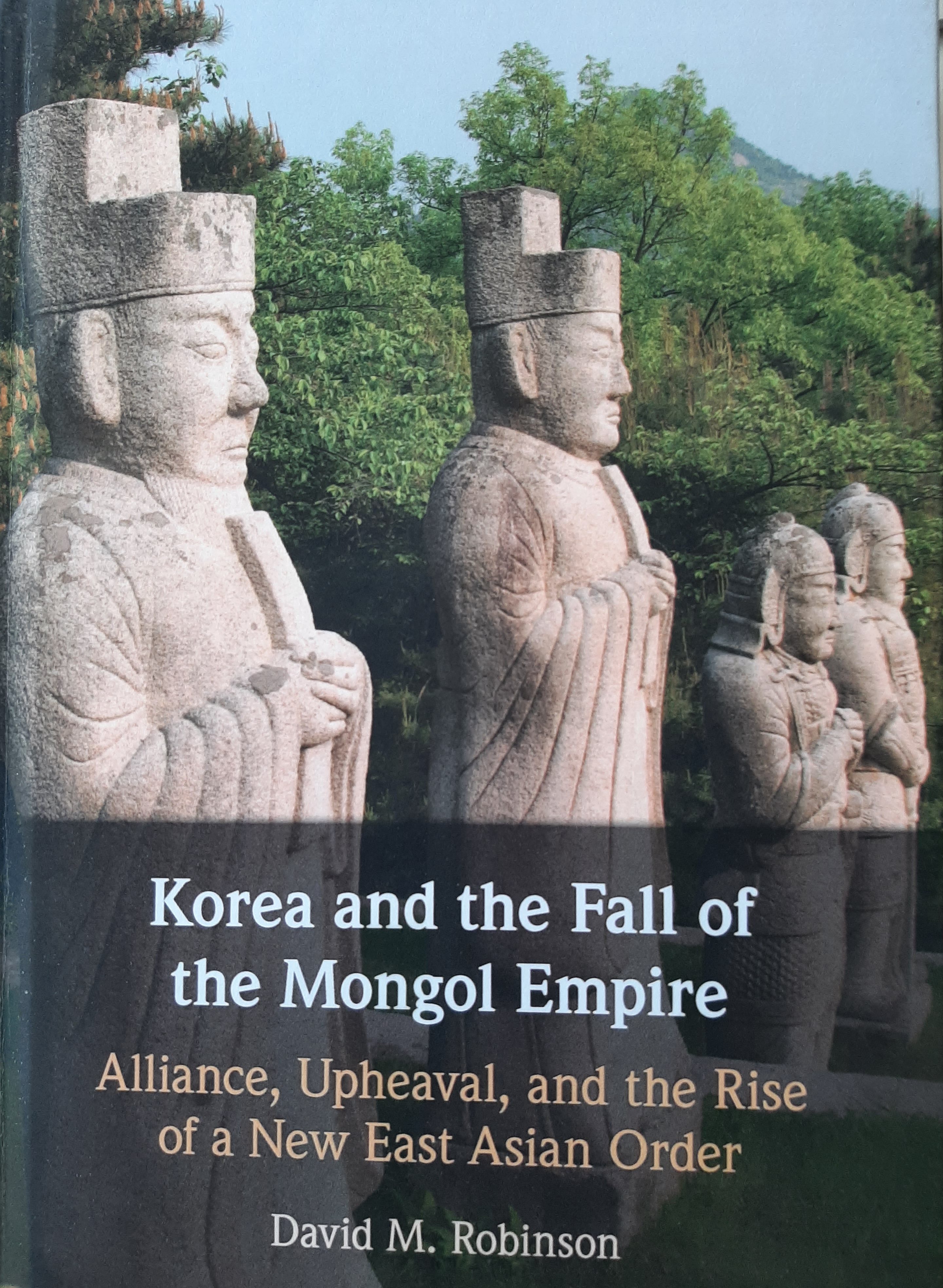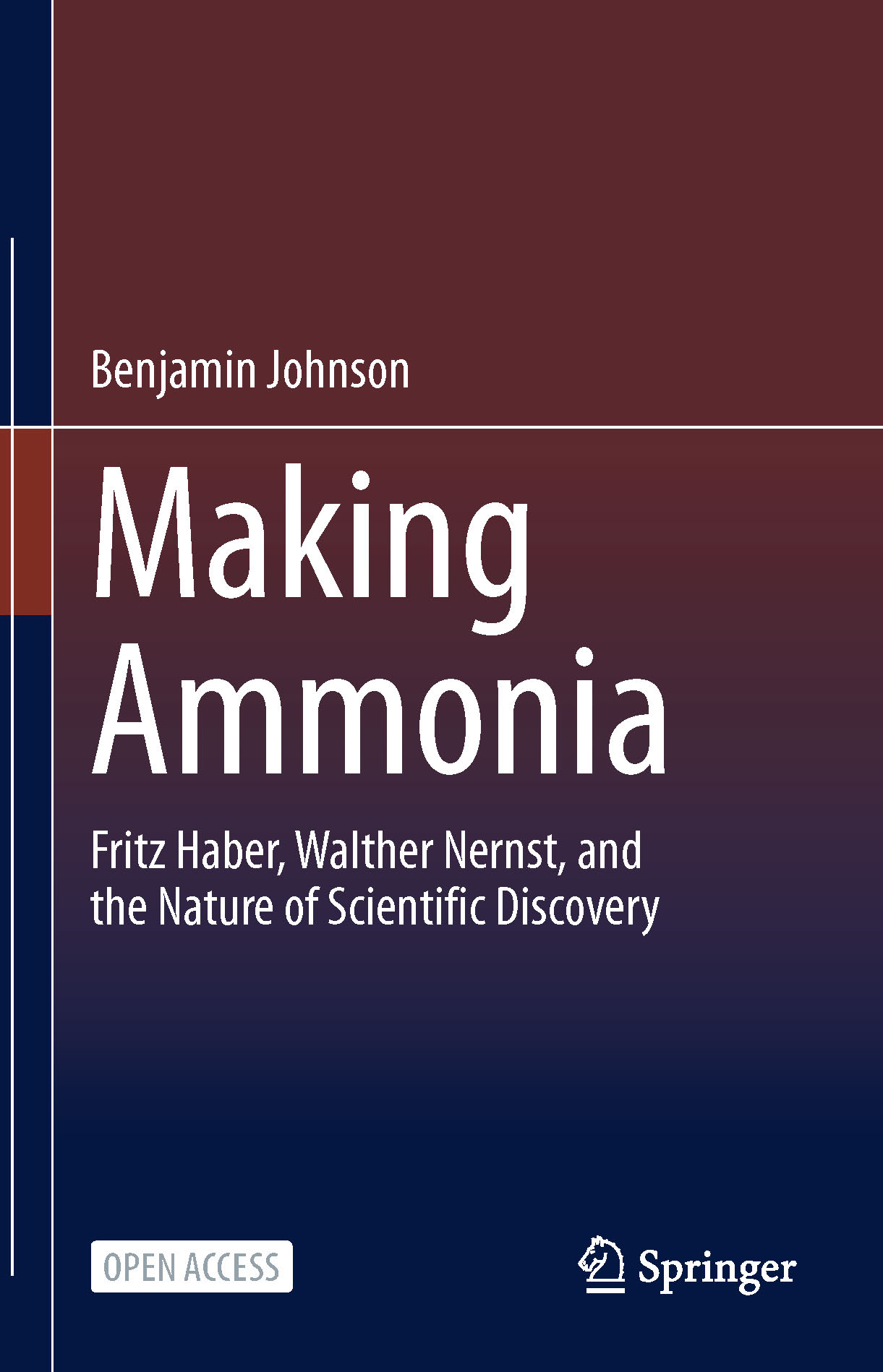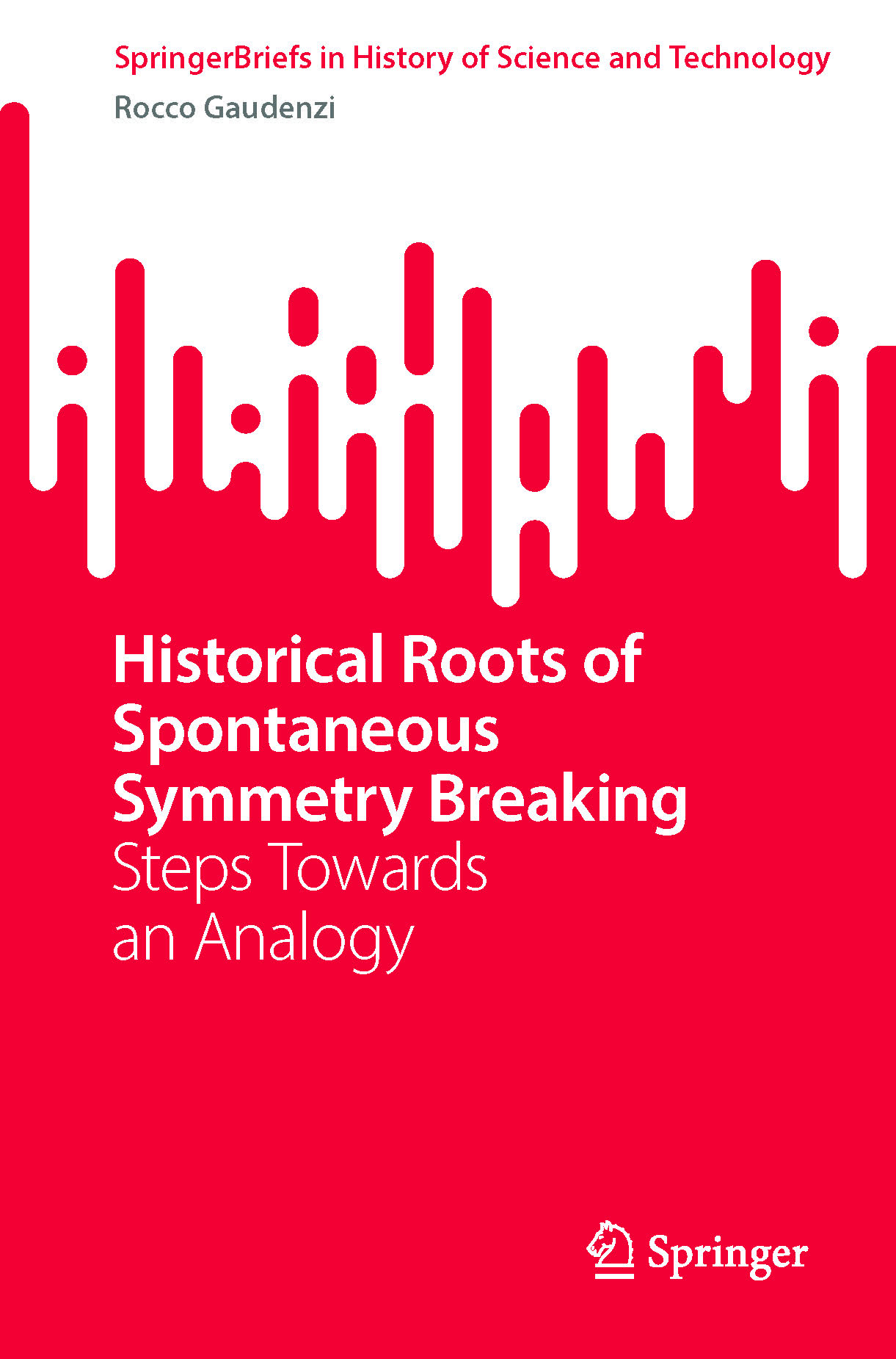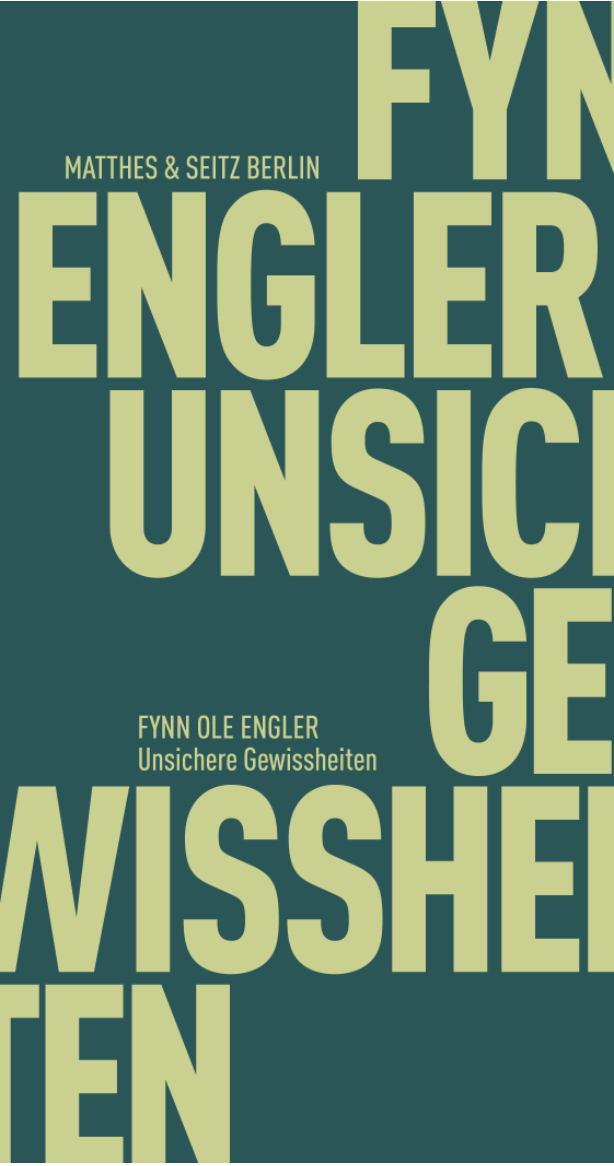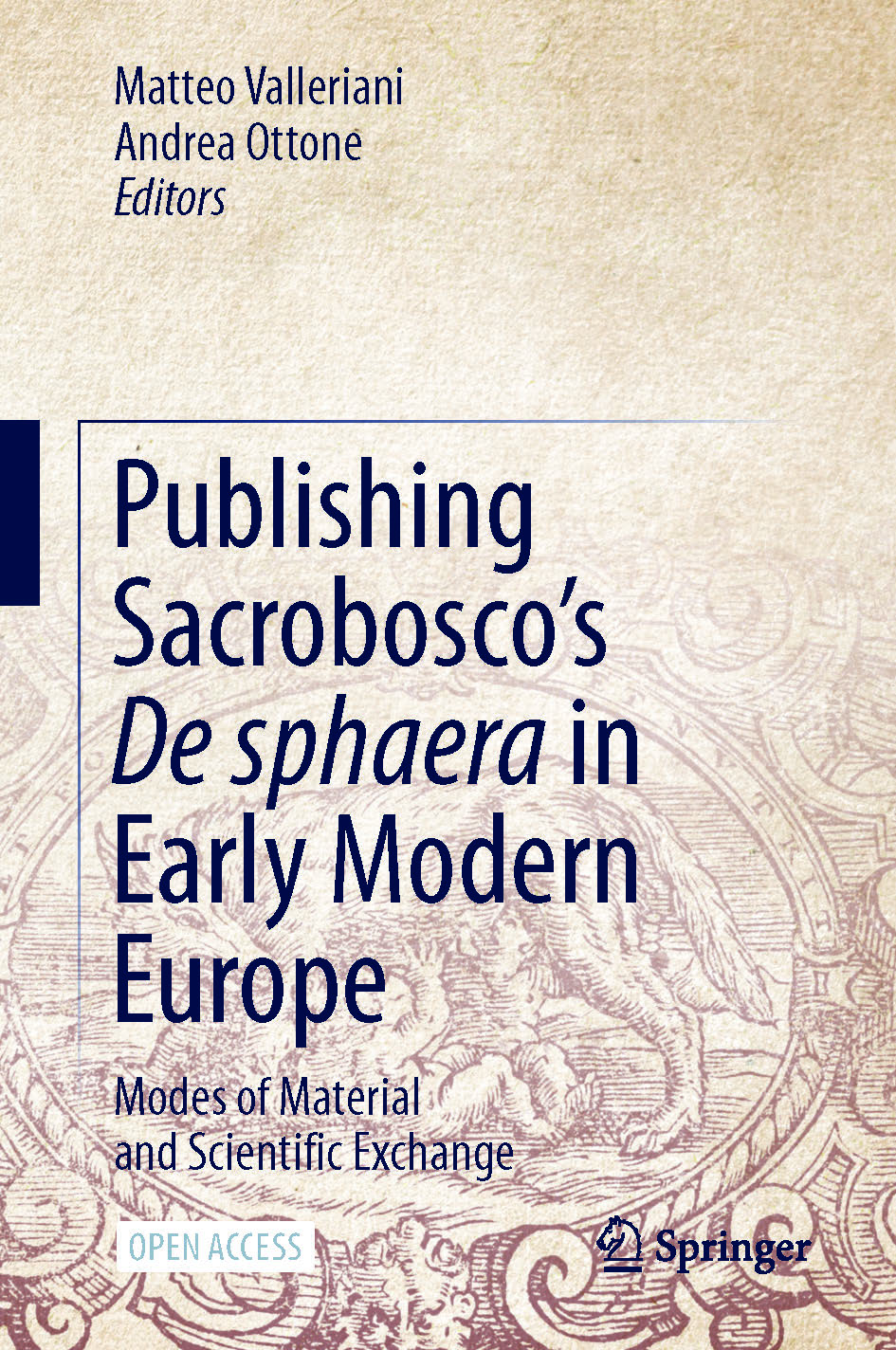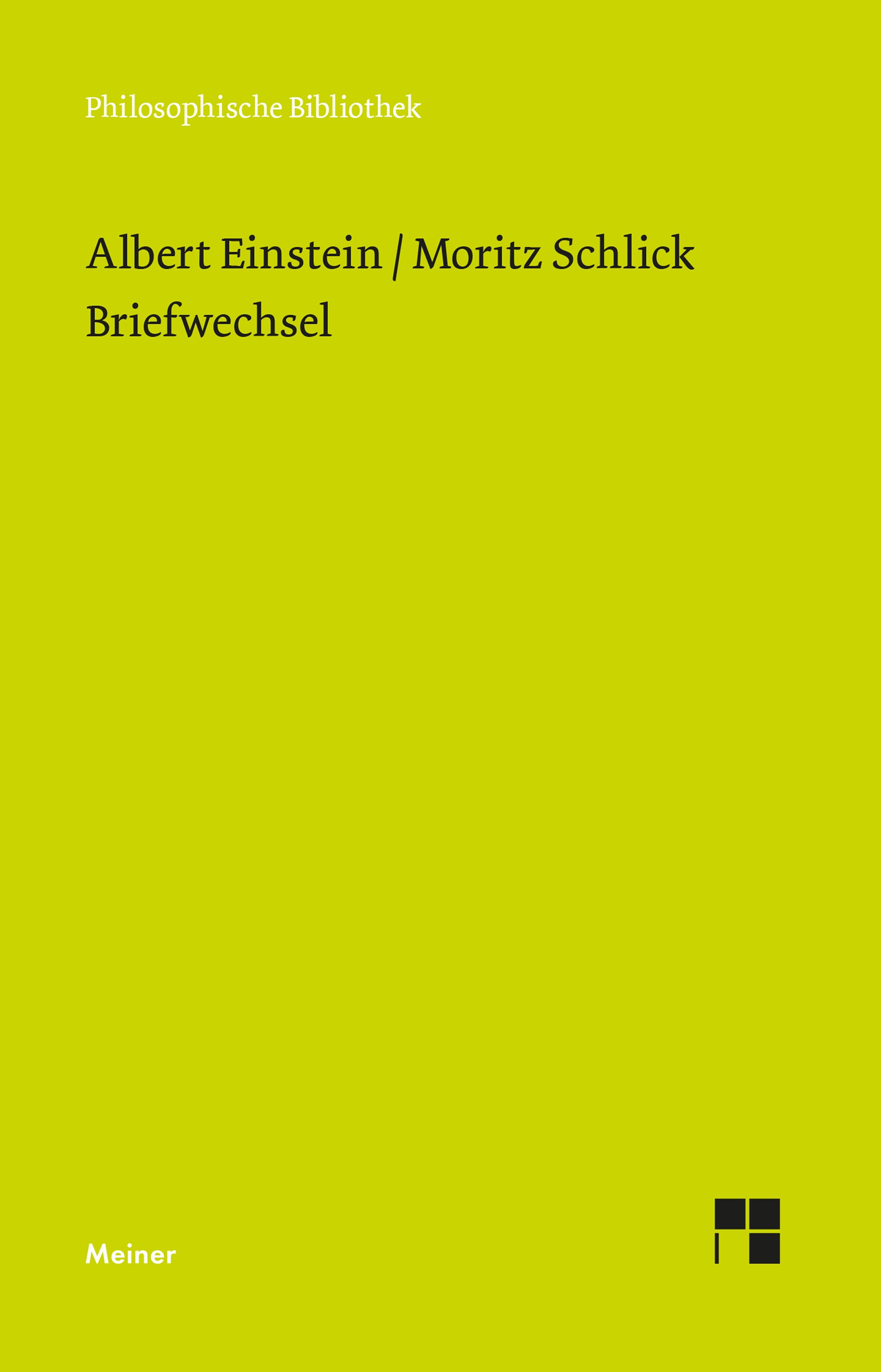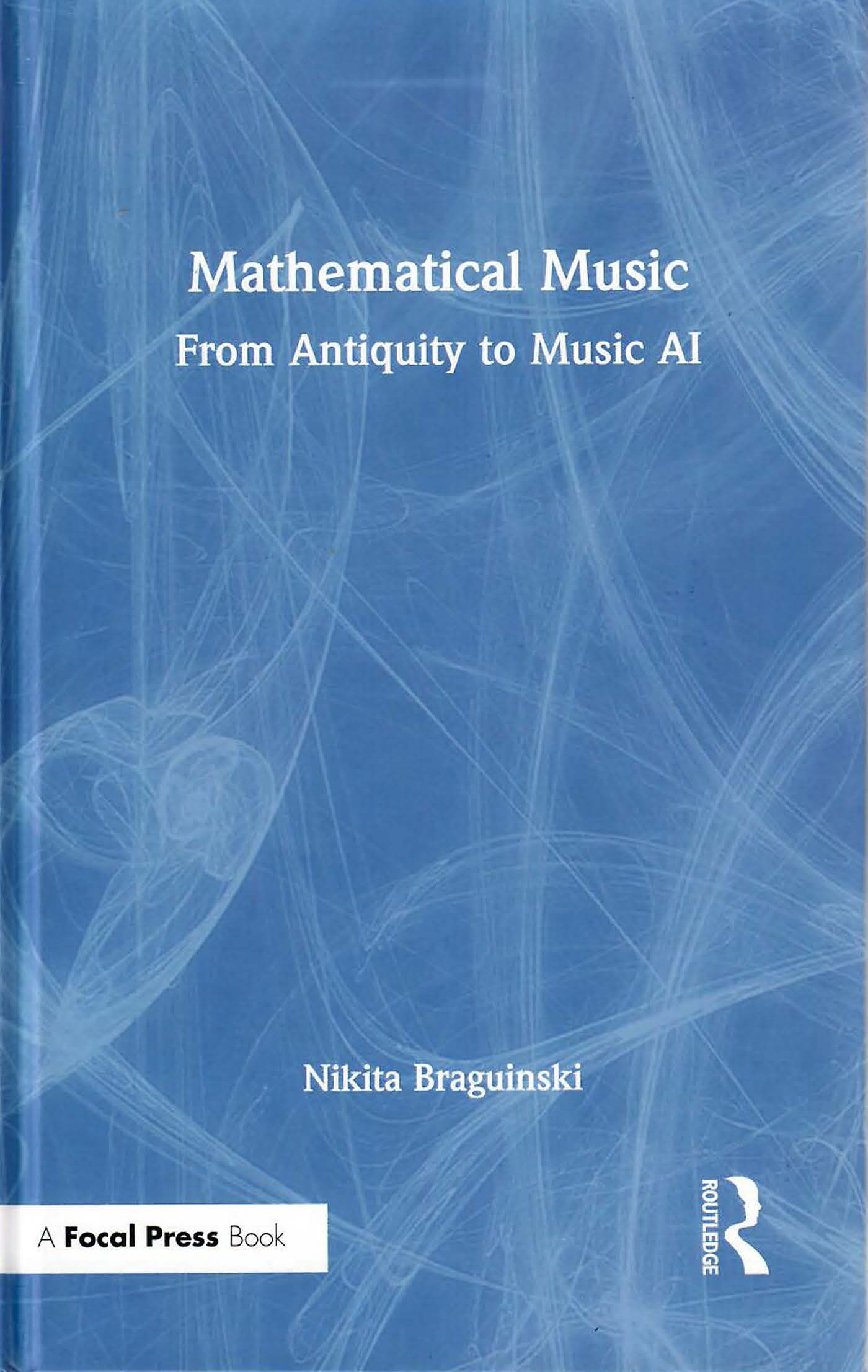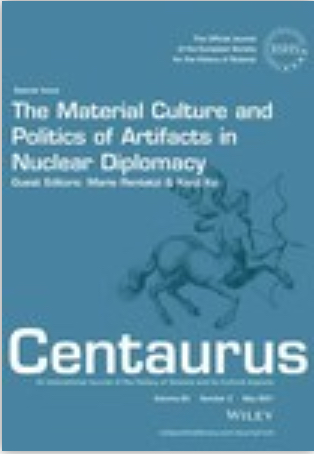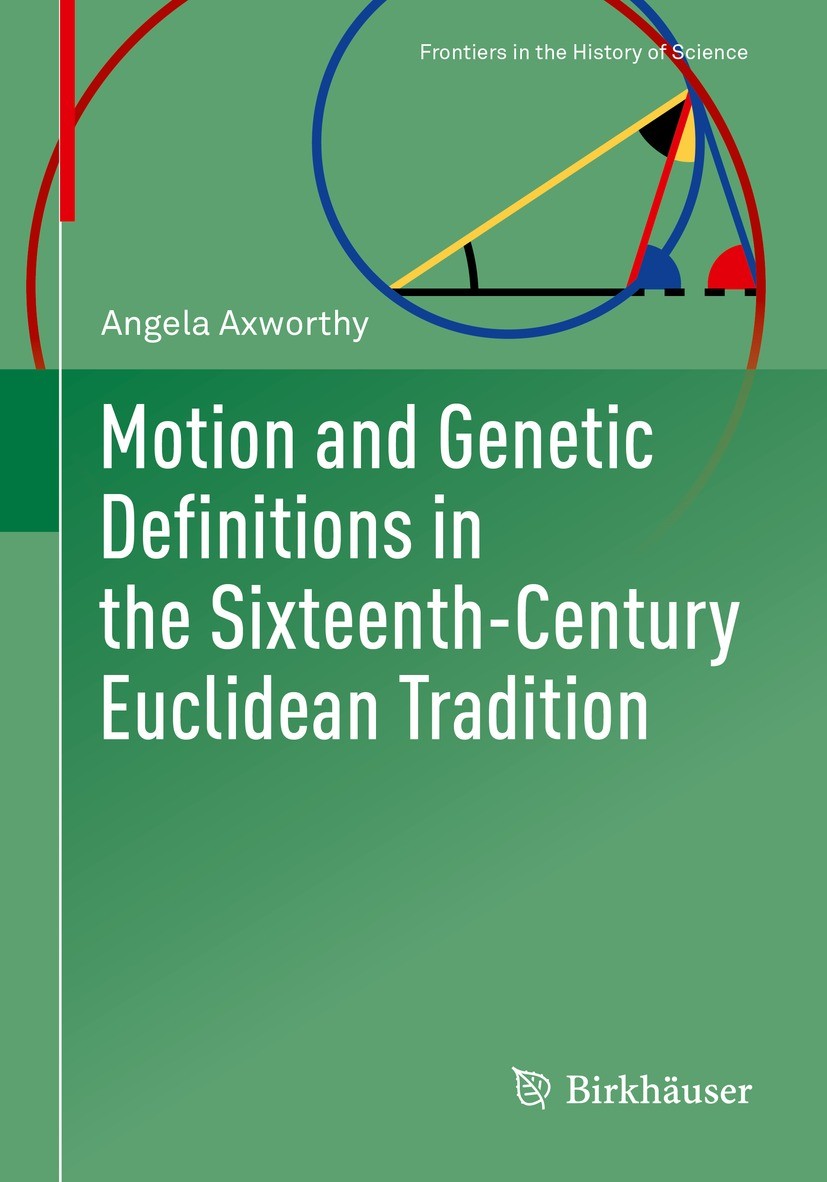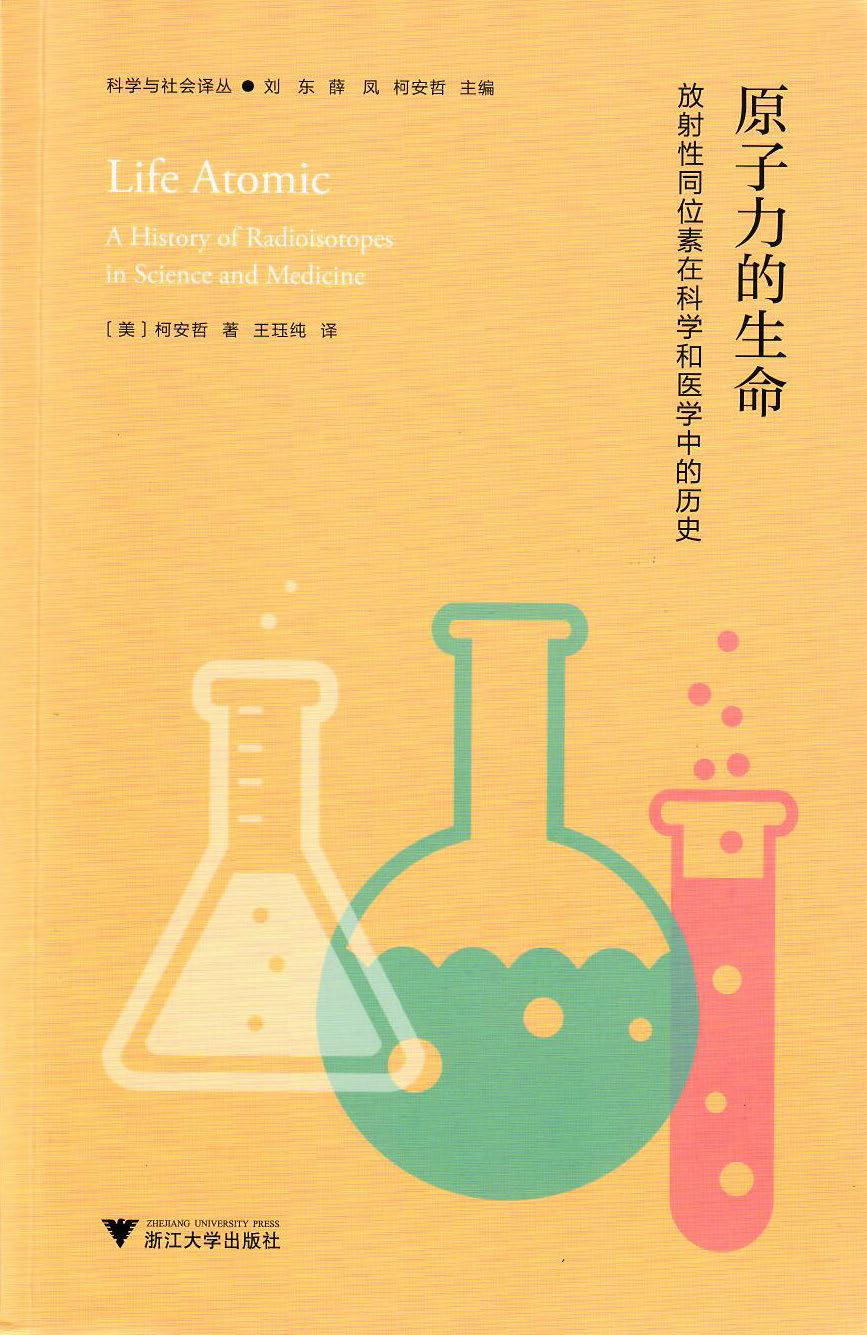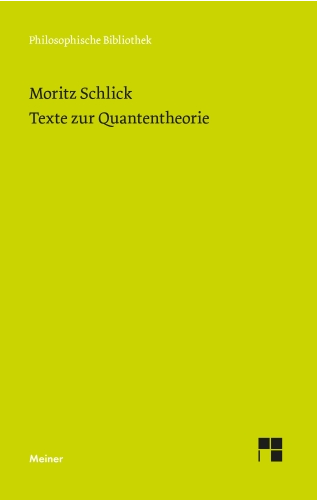Working Group Volume
Premodern Experience of the Natural World in Translation
This innovative collection showcases the importance of the relationship between translation and experience in premodern science, bringing together an interdisciplinary group of scholars to offer a nuanced understanding of knowledge transfer across premodern time and space.
MORE
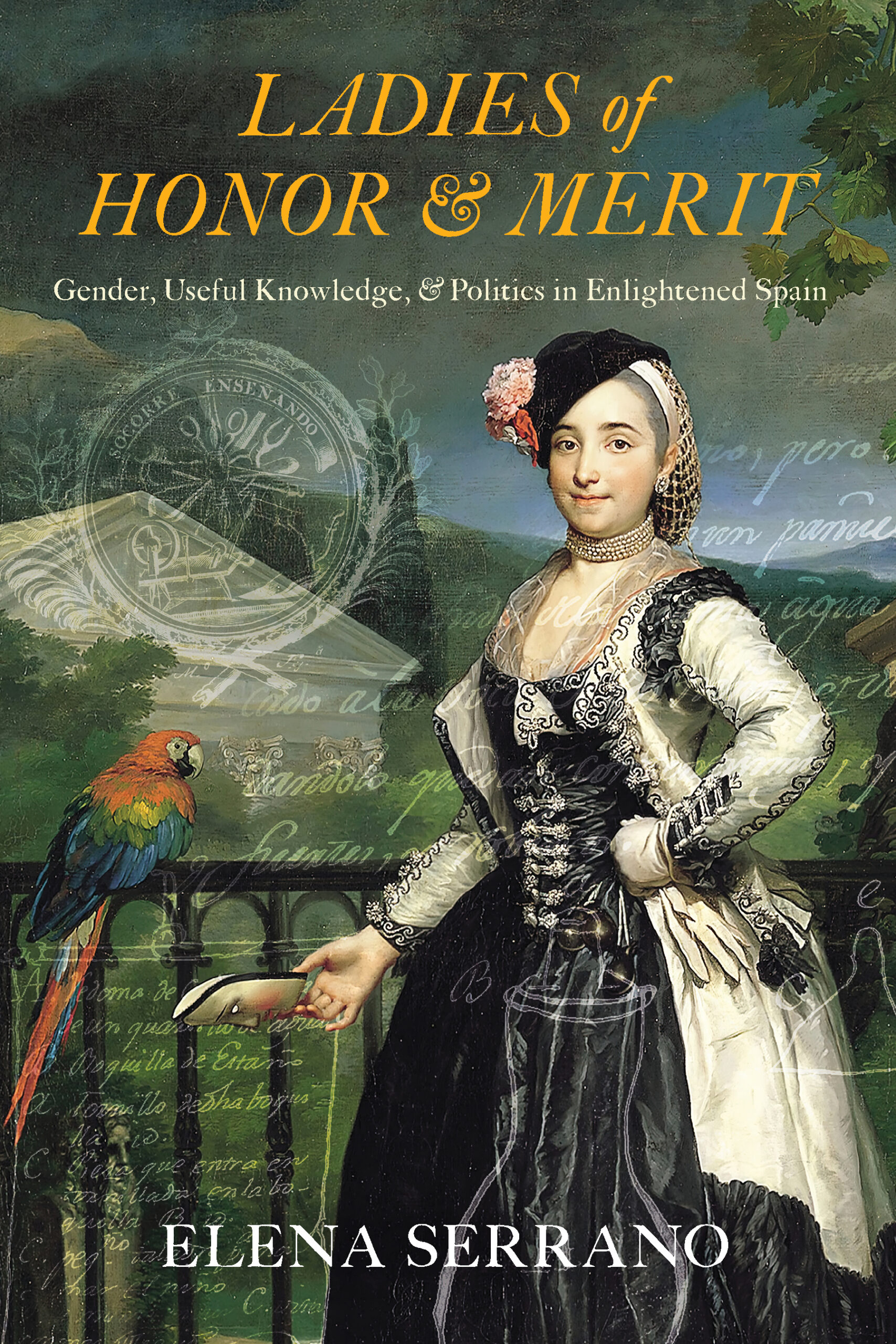
Book
Ladies of Honor and Merit: Gender, Useful Knowledge, and Politics in Enlightened Spain
In the late eighteenth century, enlightened politicians and upper-class women in Spain debated the right of women to join one of the country’s most prominent scientific institutions: the Madrid Economic Society of Friends of the Country. Societies such as these, as Elena Serrano describes in her book, were founded on the idea that laypeople could contribute to the advancement of their country by providing “useful knowledge,” and their fellows often referred to themselves as improvers, or friends of the country.
MORE
Book
Einstein o Einsteinie: zapiski autobiograficzne i naukowe
-
Hanoch GutfreundJürgen Renn
Jest rok 1946. Za biurkiem, w domu, jakich setki w Princeton, zasiada twórca największej rewolucji naukowej XX wieku. Na czterdziestu pięciu stronach opisuje swoje życie, od zachwytów dzieciństwa do ostatecznych pytań starzejącego się naukowca.
MORE
Book
Korea and the Fall of the Mongol Empire: Alliance, Upheaval, and the Rise of a New East Asian Order
Korea and the Fall of the Mongol Empire explores the experiences of the enigmatic and controversial King Gongmin of Goryeo, Wang Gi, as he navigated the upheavals of the mid-fourteenth century, including the collapse of the Mongol Empire and the rise of its successors in West, Central, and East Asia.
MORE
Making Ammonia: Fritz Haber, Walther Nernst, and the Nature of Scientific Discovery
This open access book discusses the progress of science and the transfer of scientific knowledge to technological application. It also identifies the factors necessary to achieve this progress. Based on a case study of the physical chemist Fritz Haber's discovery of ammonia synthesis between 1903 and 1909, the book places Haber's work in historical and scientific (physicochemical) context.
MORE
Book
Historical Roots of Spontaneous Symmetry Breaking: Steps Towards an Analogy
What are the thinking processes and knowledge resources involved in a complex discovery? How can the physics of solids, the physics of nuclei, and elementary particle physics cross-fertilise in spite of the widely differing domains and energy scales they deal with?
MORE
Book
Unsichere Gewissheiten
Ludwig Wittgenstein unternahm kurz vor seinem Tod noch einmal den Versuch, das zu erkunden, was sich nicht infrage stellen lässt. Er wollte etwas im wahrsten Sinne des Wortes festmachen, damit der Zweifel endlich zur Ruhe kommt.
MORE
Working Group Volume
Publishing Sacrobosco’s De sphaera in Early Modern Europe: Modes of Material and Scientific Exchange
This open access volume focuses on the cultural background of the pivotal transformations of scientific knowledge in the early modern period. It investigates the rich edition history of Johannes de Sacrobosco’s Tractatus de sphaera, by far the most widely disseminated textbook on geocentric cosmology...
MORE
Albert Einstein / Moritz Schlick: Briefwechsel
-
Olaf EnglerMathias IvenJürgen Renn
Die Edition liefert einzigartige Aufschlüsse über die intensiven Debatten zwischen Wissenschaft und Philosophie, die ausgelöst wurden durch die Relativitäts- und Quantentheorie und bis heute unser Naturverständnis entscheidend prägen.
MORE
Book
Mathematical Music: From Antiquity to Music AI
‘Mathematical Music’ offers a concise and easily accessible history of how mathematics was used to create music. The story presented in this short, engaging volume ranges from ratios in antiquity to random combinations in the 17th century, 20th-century statistics, and contemporary artificial intelligence.
MORE

Edited Book
In anderen Zeiten / In Other Times: Zeitdiskurse im Wandel / Changing Discourses of Time across Human History
-
Brisca HohenwaldNeele IllnerJürgen Renn
The notion of time is, and has always been, omnipresent. So what could be more obvious than to research the topic from international and interdisciplinary perspectives? From ancient Greece to the present; from childhood perceptions to philosophical conceptions of time; and from ancient Chinese views of duration and transience to the importance of natural phenomena in the early modern period. The cross-epochal investigations in this volume demonstrate the great importance of the phenomenon of time for humankind.
MORE
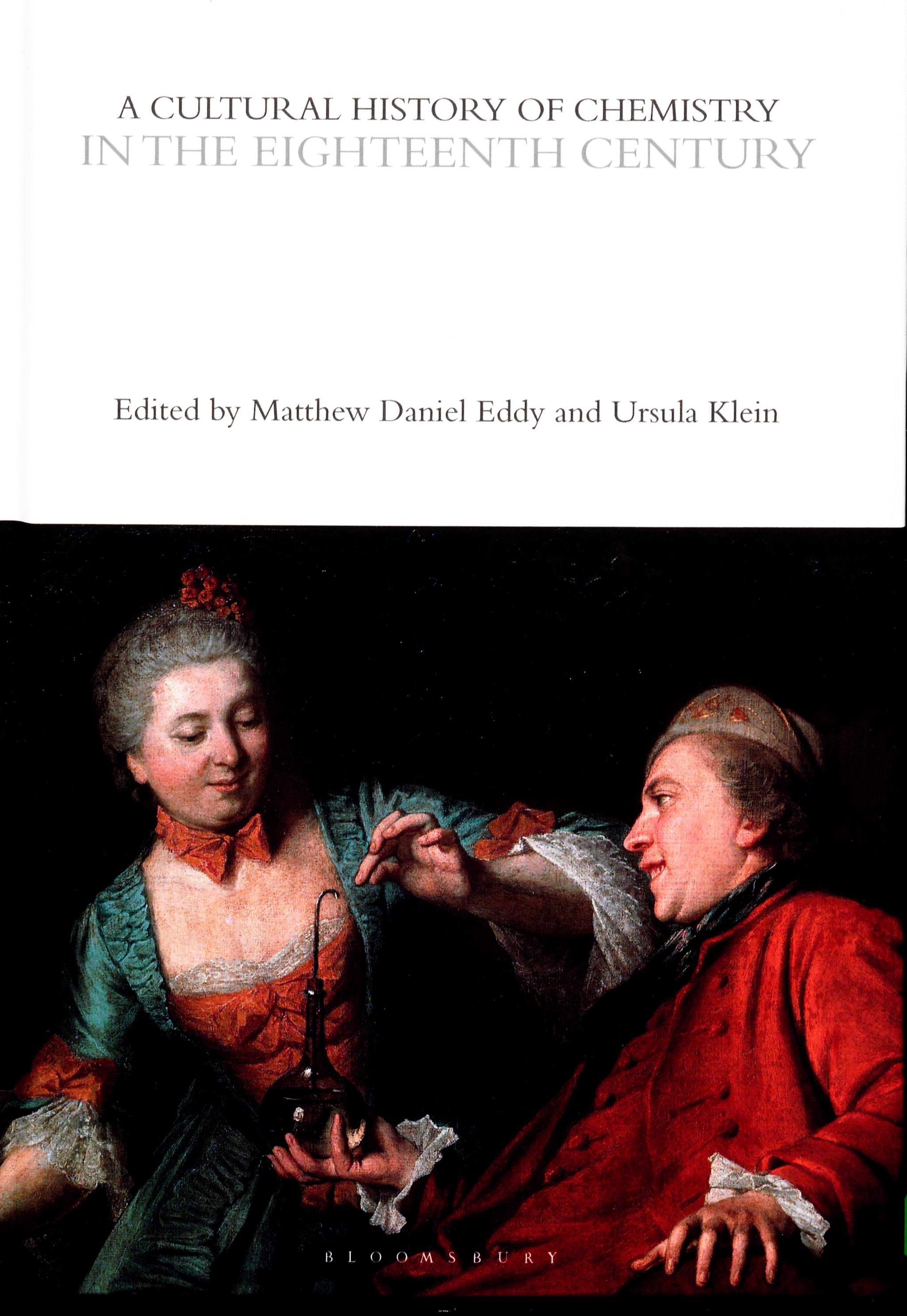
Edited Book
A Cultural History of Chemistry in the Eighteenth Century
A Cultural History of Chemistry in the Eighteenth Century covers the period from 1700 to 1815. Setting the progress of science and technology in its cultural context, the volume re-examines the changes that many have considered to constitute a "chemical revolution".
MORE
Special Issue (Working Group Volume)
The Material Culture and Politics of Artifacts in Nuclear Diplomacy
This special issue stresses the importance of material culture in diplomatic studies of science and technology.
MORE
Special Issue (Working Group Volume)
Seeing Clearly Through COVID-19
The essays appearing in the Topical Collection initiative "Seeing Clearly Through COVID-19" follow a short-form essay format.
MORE
Special Issue (Working Group Volume)
Local Uses of Geographical Knowledge in Imperial China
Contributions to the International Workshop “Locality and Geographical Knowledge in Imperial China”. Max Planck Institute for the History of Science (MPIWG), Berlin, 29 June to 1 July 2020
MORE
Working Group Volume
Vom Künstlichen Stein zum durchsichtigen Massenprodukt: Innovationen in der Glastechnik und ihre sozialen Folgen zwischen Bronzezeit und Antike
-
Klimscha, FlorianKarlsen, HansjörgHansen, SvendJürgen Renn
Glas ist das erste von Menschen hergestellte Material, das nicht in der Natur vorkommt. Als Endprodukt eines komplexen Herstellungsprozesses hat Glas auch keine Ähnlichkeit mit den Ausgangsmaterialien. Glas wird in der Bronzezeit im östlichen Mittelmeerraum erfunden und als künstlicher Edelstein u.a. für prachtvolle Schmuckgegenstände, Architekturelemente und Gefäße genutzt.
MORE
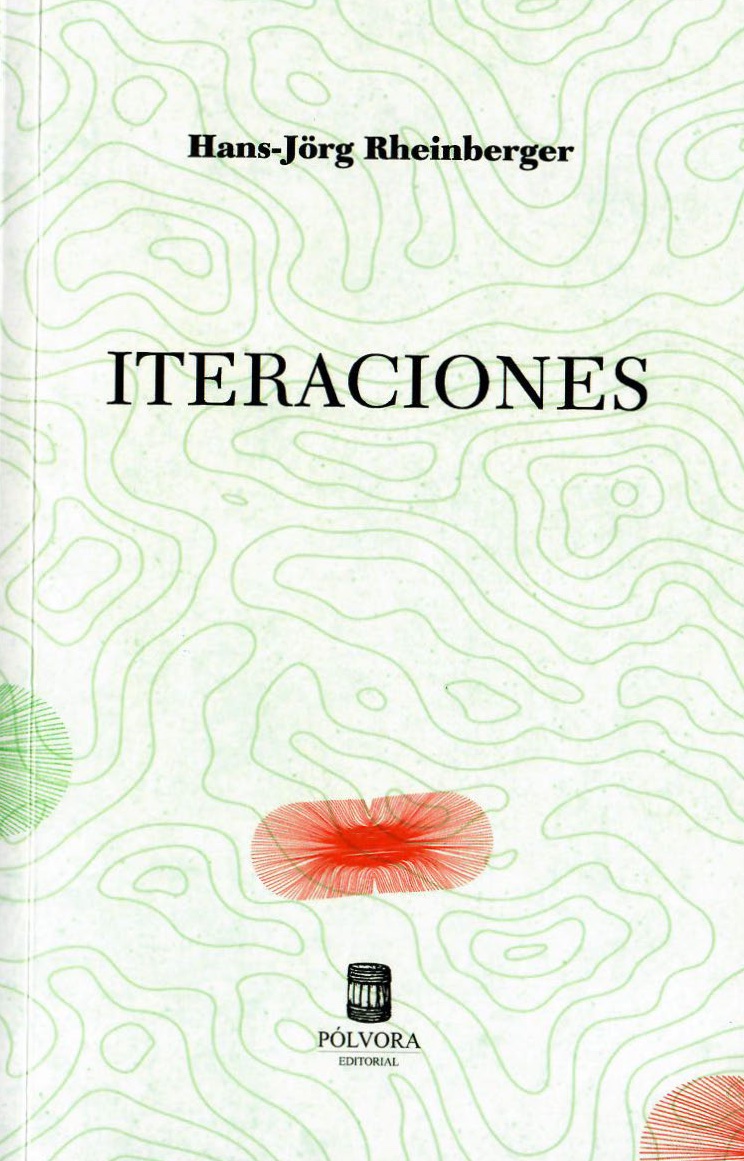
Book
Iteraciones
Iteraciones Los seis ensayos que componen este libro transitan en los márgenes del sentido de la búsqueda científica y en lo impredecible en los procesos de experimentación. A través de la epistemología histórica, su experiencia de laboratorio y su interpretación novedosa de la filosofía de Jacques Derrida, Rheinberger problematiza la creatividad en los contextos científicos, la legitimación de sus objetos y la presentación de sus resultados.
MORE
Book
Motion and Genetic Definitions in the Sixteenth-Century Euclidean Tradition
A significant number of works have set forth, over the past decades, the emphasis laid by seventeenth-century mathematicians and philosophers on motion and kinematic notions in geometry. These works demonstrated the crucial role attributed in this context to genetic definitions, which state the mode of generation of geometrical objects instead of their essential properties.
MORE
Book
Yuanzili de shengming: fangshexingtongweisu zai kexue he yixue zhong de lishi 原子力的生命: 放射性同位素在科学和医学中的历史 [Life Atomic: A History of Radioisotopes in Science and Medicine]
Chinese Translation of the Book " Life Atomic: A History of Radioisotopes in Science and Medicine", University of Chicago Press 2013 translated by Wang Juechun 王珏纯.
MORE
Edited Book
Moritz Schlick: Texte zur Quantentheorie
MORE




